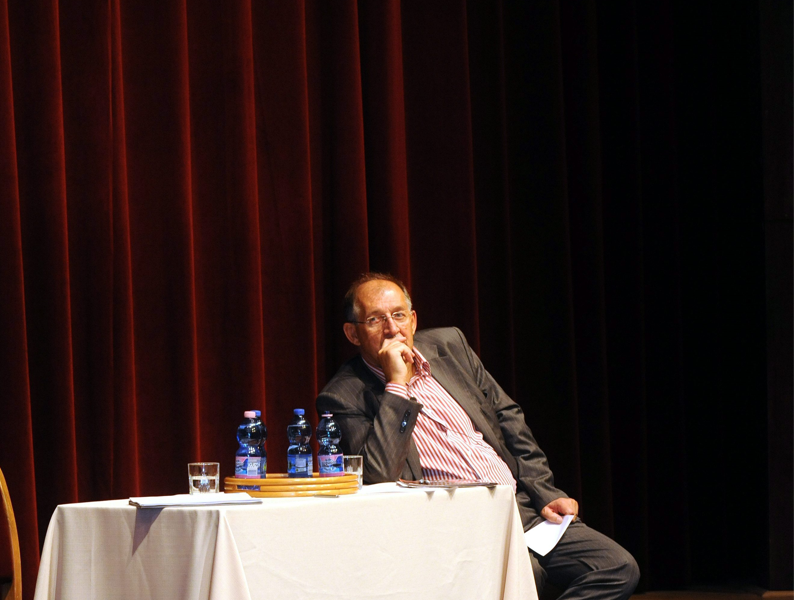
Páva's surveillance has had special relevance because previous reporting on the case only showed the use of the program for Hungarian targets in 2018 and 2019.Continue reading

The phone number of an unnamed Special Service for National Security (NBSZ) officer also appears on the list of targets of Pegasus spyware, according to the most recent report from Direkt36. The authority is in charge of conducting secret surveillance and wiretapping and was previously thought by some to be the body behind running Pegasus in Hungary. The Orbán government still refuses to answer relevant questions about the case.
Direkt36 managed to find out who is behind another number thanks to Israeli free caller ID and call blocker application, CallApp. According to their findings, the number belongs to a technical counterintelligence officer. The staff even called the number with a person having answered, who refused to go into any detail.
According to the investigative site, there are two options explaining the telephone number’s appearance on the list. Either the special service officer himself was a target, or they might have been testing the software on his device. Both scenarios reinforce the supposition that the Hungarian authorities are behind Pegasus’ operation in Hungary, according to the portal. In an additional, theoretical possibility, the officer may have been targeted by another country, but information available so far on Pegasus’ operations deems the likelihood of this very low.
Previously, several opposition politicians fought hard to collect relevant information about Pegasus’ Hungarian application; however, the government consistently refuses to go into detail. MSZP MP Attila Mesterházy once suggested that NBSZ might be the body to lead operations with Pegasus.
On Monday, Pegasus also came up in the National Assembly’s meeting, held with the Prime Minister, who didn’t disclose any new information on the surveillance.
Viktor Orbán recalled that the Interior Minister had already made an appearance at the meeting of the National Security Committee. And he wouldn’t be able to say any more than that: there haven’t been been any unlawful secret service activities going on in Hungary since 2010 (the year when Fidesz took power).
“No one’s occupation matters for the (surveillance) services, (…) they look at whether the activity they are engaged in – be it a bishop or a street cleaner – might affect any aspect of national security. If it does, then they act accordingly. That’s the rule we’ve followed beforehand, and will follow in the future too.”
Featured photo illustration via pixabay.com